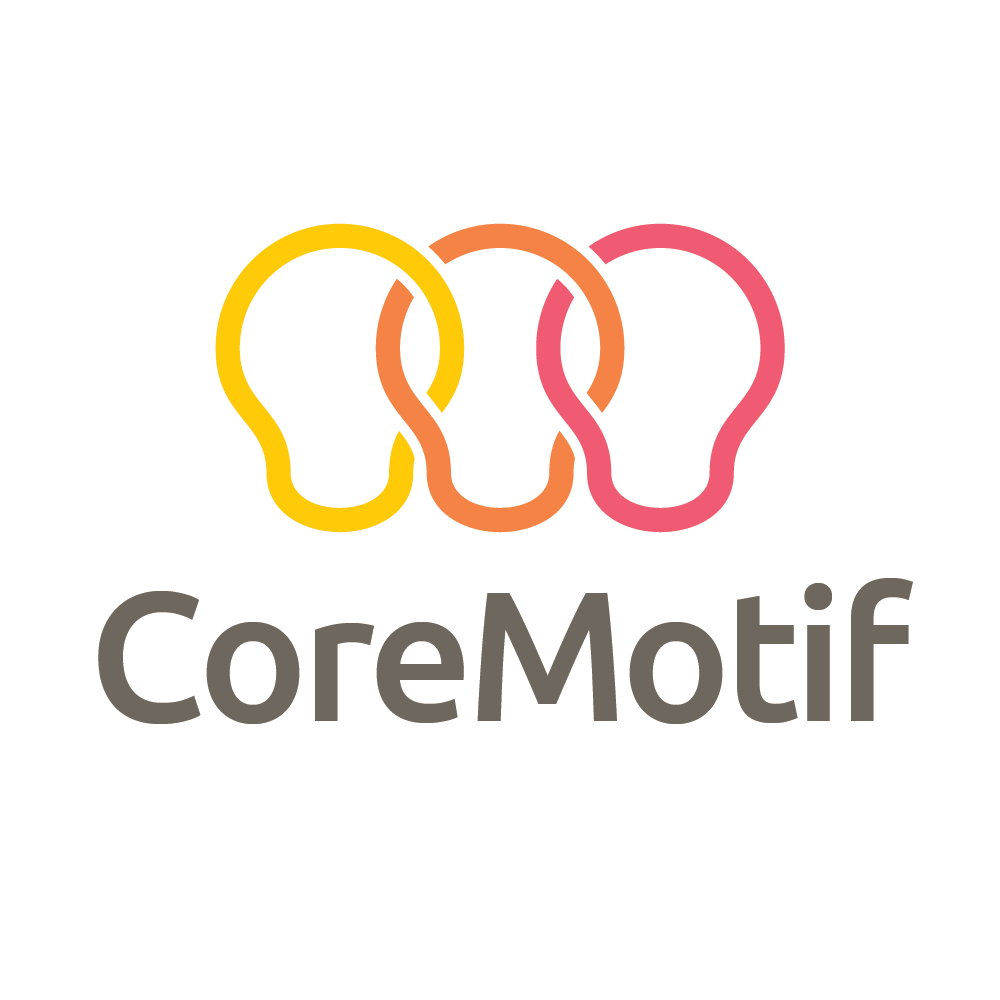Let your teams thrive: How to be a team gardener
We at CoreMotif are willing to bet, dear reader, that you have teams working in your organization – some are amazing, and some need help to succeed. Have you ever wondered why some teams are more successful than others? What could be the factors that have the highest impact on team performance?
Teamwork is the prevalent mode of working in today’s world, there’s hardly any organization that doesn’t have teams doing important work. Teams need a healthy environment in which to work, grow and thrive – much like plants in a garden. Here at CoreMotif we do a lot of good work with our clients’ teams. We have found that teams cannot function without certain foundations in place in the organization. Each of these foundations are equally important for teams to function and thrive:
Shared goals and direction
Ownership of work
Shared accountability
Let’s dig into each of these and discuss what is required of the organization and how you can enable your teams to grow and prosper.
Shared direction and goals
A shared direction and goals are probably among the most underestimated foundations for successful teams. It is the one that requires probably the most collaboration and introspection on behalf of the team and the leadership. A team needs a compelling direction, a challenge that inspires them and makes them want to succeed.
This direction usually comes from the leadership of the organization, or from some sort of discovery process involving stakeholders (which is a separate topic). A team without direction or an interesting challenge will wither away – don’t lose good people because of it! On the other hand, if a team has a direction that is not aligned with the company’s direction, there will be endless conflict and confusion. A team needs to work with leaders to find “the what” and “the why” – otherwise you are setting the team up for failure.
Equally important are the short-term goals that are set along the way. It’s necessary that teams self-organize to discover those goals in collaboration with the leaders (here’s where a good team coach is invaluable), so that the team can decide how best to accomplish the ambitious challenge set forth.
Ownership of work
Teams that do not truly own their work and deliveries will feel frustrated by interference and demotivated to improve. Management must support teams’ ownership of their work products. It’s important to not interfere in “the how” of the team.
Say for example, a team is frustrated because so many people have an opinion on their work – how it’s done and what it should be like – and given conflicting opinions, they are not sure how to proceed. In such a situation, a leader should help the team understand that they alone own their work and other opinions are just that: opinions. They should take them as input into their work but do not sway from their original method and direction.
Shared accountability
Accountability in teams goes two ways: Between team members and to the outside world. It’s important that team members are accountable to each other and that everyone has the same desire to deliver quality work. This can only be achieved through trust. If a team member is not performing up to par, there must be enough trust in the team to bring that fact up and then discover what the team can do to regain their level of quality. Achieving this level of trust is a lot of work and must be done consciously.
It is very important that teams hold themselves accountable for their collective work, that they set their own high standards of quality and do not lose sight of their ultimate direction. Teams that are not held accountable for their work (e.g. if it is not up to the organization’s standards or if customers give it a low rating) will likely never succeed.
Other factors
A lot of other factors are necessary for teams to succeed. One that was mentioned before but needs highlighting is trust between team members. Trust is the glue that binds everything together in a team: Communication will be smoother, people will admit mistakes and ask for help more readily and start to care for one another. A team shares goals, culture, methods and moments of pain and pleasure. Look for a separate blog post on how to build trust here on the CoreMotif blog.
Finishing work that has been started before starting new work has been shown to be one of the most effective methods of increasing effectiveness and quality of work. It’s important to limit how many work items are in progress at any given time. Equally important is visualizing the work that is in-flight so that the team and the team’s stakeholders can get a quick overview of the status. Each of these is an element of the Kanban method. If you are interested in knowing more about Kanban, then contact us here at CoreMotif – we are highly experienced.
As mentioned before, management needs to support their teams. A team is only as successful as the context it works in. Nurturing a team is a bit like growing a vegetable garden. It’s all about creating the conditions for growth rather than directly interfering.
In closing
Teamwork is hugely important for organizations and is arguably the “winning” model for modern workplaces. If you are a leader in your organization and have teams working for you, then take teamwork seriously by providing your teams with the foundations they need to do their best work. If you feel that you need to strengthen these foundations in your organization, don’t hesitate to contact us at CoreMotif – we are excellent team gardeners.


